Planning Pays Off: 5 Strategies to Get the Most Out of Your Delivery Speed Choice
June 30, 2024
5 min read
Introduction
International shipping has a market size of 456.3 billion Euros in 2024 and is the backbone of global trade. Technological-driven solutions are currently being utilized by companies offering the best international courier services as the world changes.
This blog will delve into what lies ahead for air and road transport as far as world shipping is concerned.
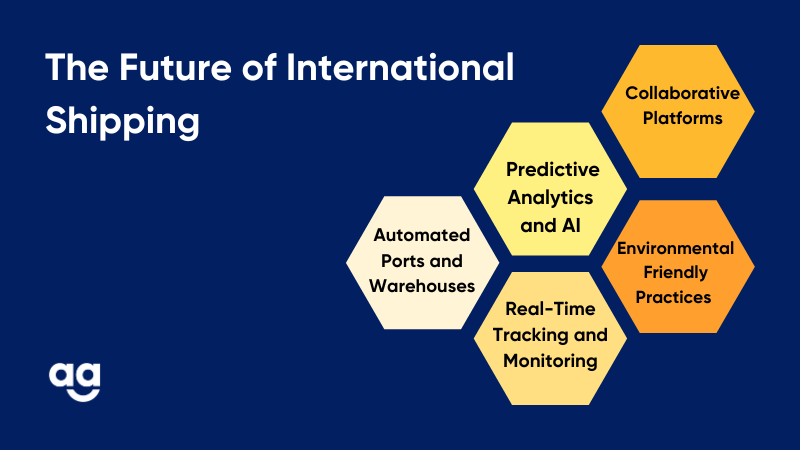
Future Trends In International Shipping
The future of shipping is shaped by the convergence of technological advancements and sustainability efforts, particularly in the domains of air and road transport. Let’s explore them one by one:
Automated Ports and Warehouses
There has never been a stronger demand for quick delivery, driven mainly by the growing e-commerce industry, causing consumers to expect fast and dependable service. Some of the best international courier services have access to new technologies that have significantly reduced shipping time periods.
Innovations like drones or supersonic jets are transforming delivery times. Items can be shipped within hours instead of days or weeks. For instance, supersonic jets such as Overture from Boom Supersonic promises to drastically reduce transcontinental shipping times, thereby making it possible for goods to be delivered internationally quickly.
Predictive Analytics and AI
Artificial Intelligence (AI) based predictive analytics are used by leading companies with the best international courier services to optimise shipping routes and schedules.
The use of historical data combined with current conditions allows AI to predict demand, and anticipate disruptions, among others. This preventative measure helps avoid delays due to weather, traffic congestion or other unforeseen circumstances.
Collaborative Platforms
Digital collaborative platforms can be integrated into the systems of international courier services today. The platforms link various participants in the supply chain such as shippers, freight carriers and customs authorities. In this respect, information-sharing is facilitated and coordination among all parties enabled, thus doing away with delays that come with miscommunication or no information.
Environmental Friendly Practices
As we navigate the increasing threats related to global warming, sustainable practices have become a necessity rather than a luxury. Companies that have the best international courier services offer sustainable logistics practices. These services include optimizing cargo loads and reducing empty return trips to help minimize fuel consumption and emissions.
Real-Time Tracking and Monitoring
Internet of Things (IoT) integration into shipping has been instrumental in making real-time tracking and monitoring a possibility. With the help of smart sensors and GPS technologies, users can constantly get updates about their shipment’s location and condition.
These innovations enable shipping companies to make timely adjustments whenever necessary, hence reducing delays. In addition, they even let you track your packages as they move worldwide.
Final Words
As these innovations continue to evolve, international courier services will be better equipped to meet the demands of a global market. By embracing these changes, the shipping industry will be able to offer the best international courier services with a reduced environmental footprint and will continue to play a vital role in the global economy.
Shipyaari offers multiple courier options to suit your shipping needs. Contact us today for sustainable and efficient international shipping.
Frequently Asked Questions
The benefits include less carbon dioxide emissions, lower operational costs, compliance with more stringent environmental laws and better quality of air in cities.
Companies are investing in more fuel-efficient planes, optimizing flight routes through partnerships and more.
These innovations include autonomous truck development, smart highway usage, platooning technology and high-speed rail network extension.
Consumers may consider choosing environmentally responsible companies, opting for slower shipping methods that reduce emissions and supporting carbon offset programs.
Suggested Reads
Hyperlocal Personalization: Tailoring Experiences for Local Customers
Introduction The eCommerce industry in India has witnessed a rapid growth of hyperlocal services in
Continue ReadingDec









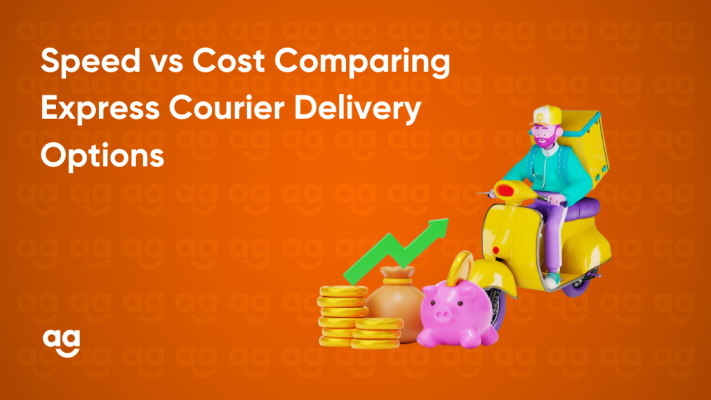

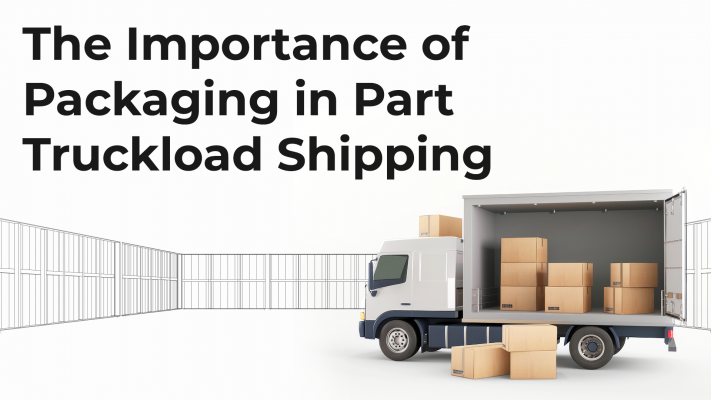
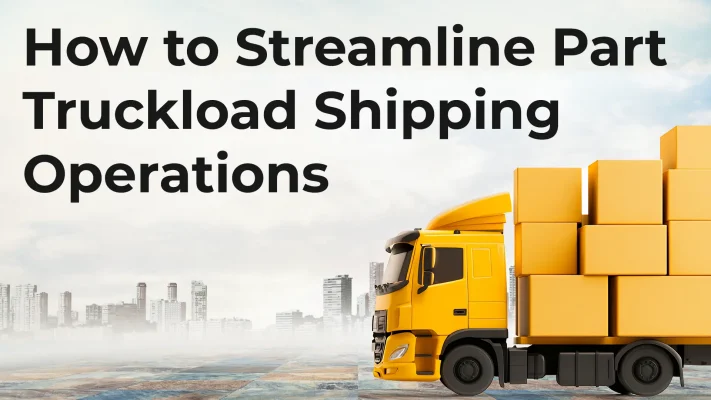
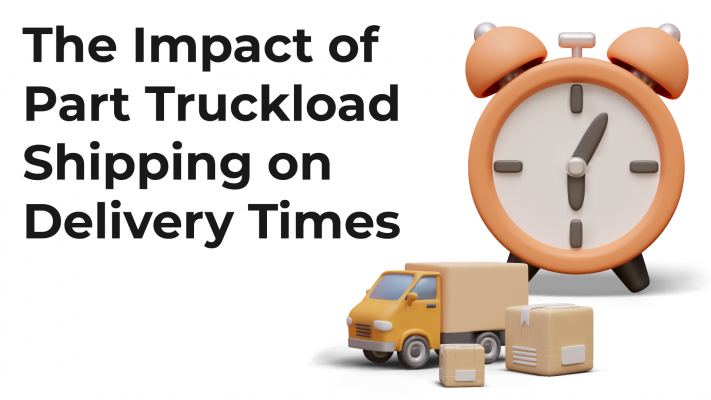

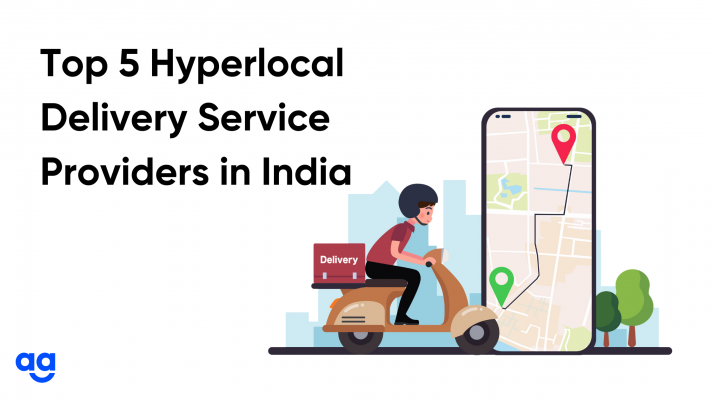
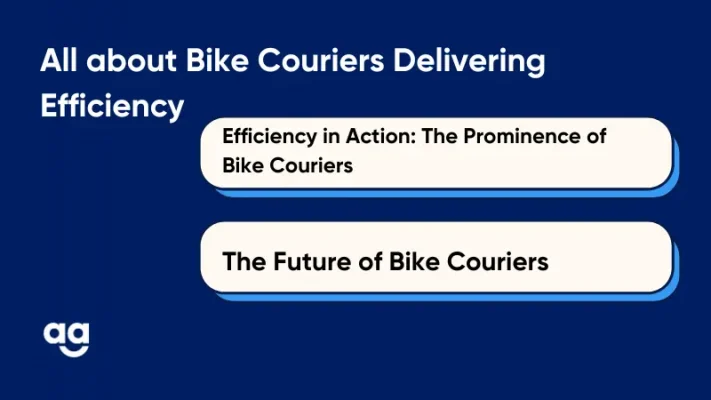
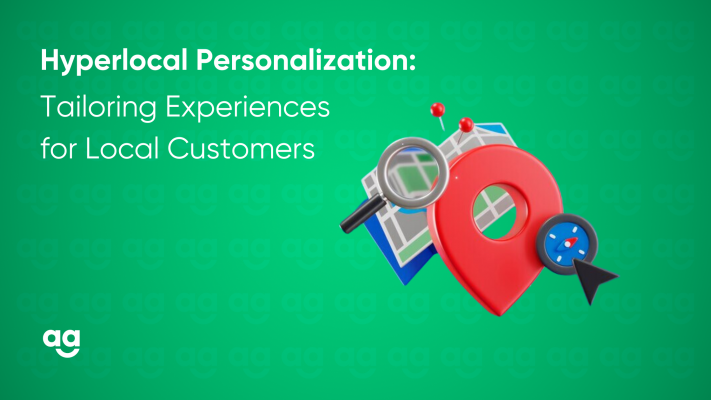
 Shipping
Shipping







